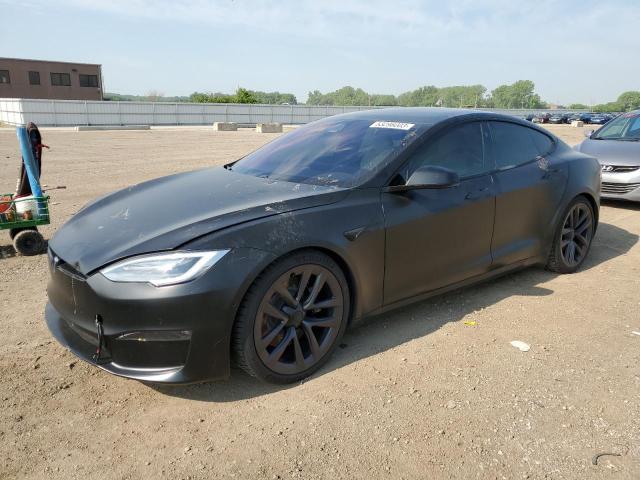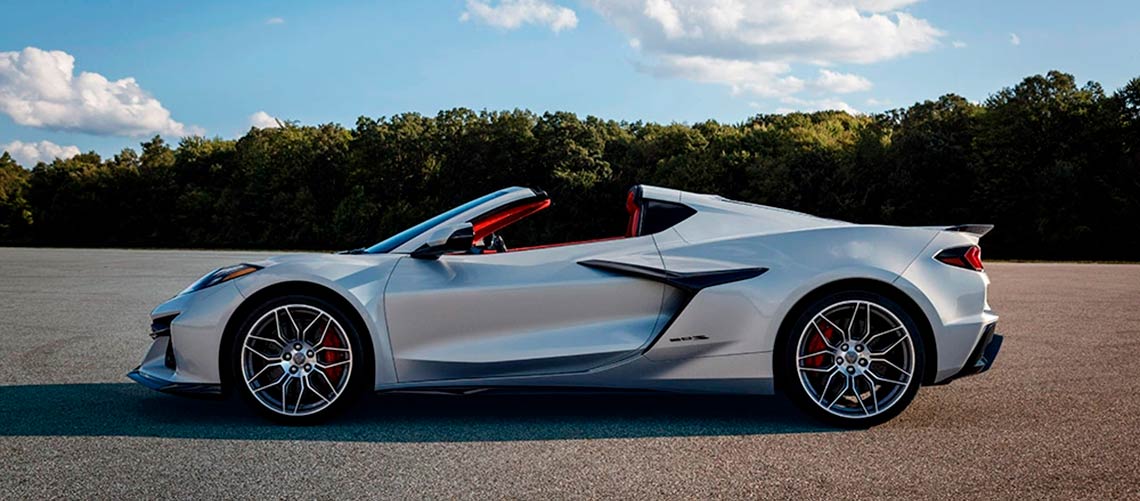In recent years, the automotive industry has witnessed significant advancements in both hybrid and electric vehicles (EVs). As consumers become more environmentally conscious and seek cost-effective solutions, the choice between a hybrid and an electric car has become increasingly relevant. Both options have their unique advantages and considerations, catering to different lifestyles and driving needs. Here’s a detailed guide to help you navigate this important decision.
- Environmental Impact
Hybrid Cars: Hybrids combine a gasoline engine with an electric motor, which reduces fuel consumption and emissions compared to traditional gas-powered cars. However, they still rely on fossil fuels, albeit in smaller quantities.
Electric Cars: EVs run entirely on electricity, producing zero tailpipe emissions. This makes them a more environmentally friendly option, especially when charged using renewable energy sources. EVs are pivotal in reducing greenhouse gas emissions and improving air quality.
- Fuel and Charging Infrastructure
Hybrid Cars: One of the main advantages of hybrids is their flexibility. They can run on gasoline when the battery is depleted, making them convenient for long-distance travel without worrying about finding a charging station.
Electric Cars: EVs require access to charging infrastructure, which is steadily improving but may still be limited in some areas. Home charging stations can be installed for convenience, but it’s important to consider the availability of public charging stations if you frequently travel longer distances.
- Cost Considerations
Hybrid Cars: Hybrids typically have a lower upfront cost compared to EVs. They also qualify for certain tax incentives and rebates, though these may not be as substantial as those for EVs. Fuel savings can be significant, but they depend on driving habits and fuel prices.
Electric Cars: EVs generally have a higher initial purchase price, but this can be offset by federal and state incentives. Additionally, the cost of electricity is lower than gasoline, leading to long-term savings on fuel. EVs also have fewer moving parts, which can result in lower maintenance costs over time.
- Driving Experience and Performance
Hybrid Cars: Hybrids offer a familiar driving experience, combining the benefits of electric propulsion with the reliability of a gasoline engine. The transition between the two power sources is usually seamless, providing a smooth ride with improved fuel efficiency.
Electric Cars: EVs are known for their instant torque and smooth, quiet operation. The absence of an internal combustion engine means that acceleration is often quicker and more responsive. Many drivers appreciate the unique driving experience and the quietness of EVs.
- Maintenance and Reliability
Hybrid Cars: Hybrids require regular maintenance similar to traditional cars, including oil changes and engine checks. However, the electric components generally require less maintenance, which can reduce overall costs.
Electric Cars: EVs have fewer mechanical components, resulting in lower maintenance needs. There’s no need for oil changes, and brakes tend to last longer due to regenerative braking systems. This can translate to reduced maintenance costs and fewer trips to the mechanic.
- Range and Practicality
Hybrid Cars: Hybrids offer the best of both worlds with an extended range thanks to the combination of gasoline and electric power. This makes them a practical choice for both city driving and long-distance trips without range anxiety.
Electric Cars: The range of EVs has significantly improved, with many models offering over 200 miles on a single charge. However, range anxiety can still be a concern for some drivers, especially in areas with limited charging infrastructure. Planning longer trips may require more forethought to ensure access to charging stations.
- Future-Proofing
Hybrid Cars: Hybrids serve as a transitional technology, bridging the gap between traditional gasoline vehicles and fully electric cars. They are a great option for those who want to reduce their carbon footprint without fully committing to an EV.
Electric Cars: EVs are the future of the automotive industry, with ongoing advancements in battery technology, charging infrastructure, and vehicle design. Investing in an EV can be a forward-thinking choice as the world moves towards greater sustainability and cleaner transportation.
Conclusion
Choosing between a hybrid and an electric car ultimately depends on your individual needs, lifestyle, and environmental priorities. If you value flexibility and extended range without dependence on charging infrastructure, a hybrid may be the better choice. On the other hand, if you’re committed to reducing your carbon footprint and enjoy the unique driving experience of an EV, an electric car could be the right fit for you.
Both hybrids and electric cars offer significant benefits over traditional gasoline vehicles, and either choice will contribute to a more sustainable future. Consider your driving habits, budget, and access to charging facilities when making your decision.
Happy driving! 🌿🔋🚗

